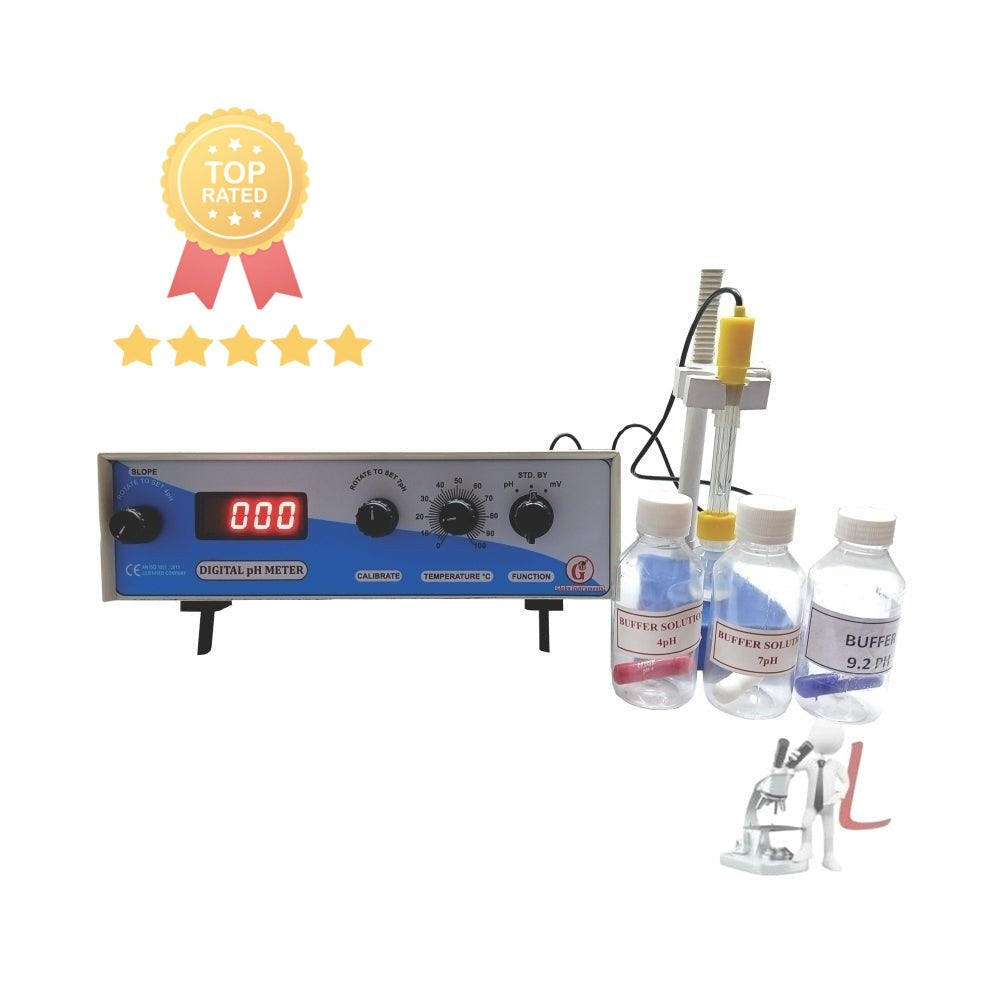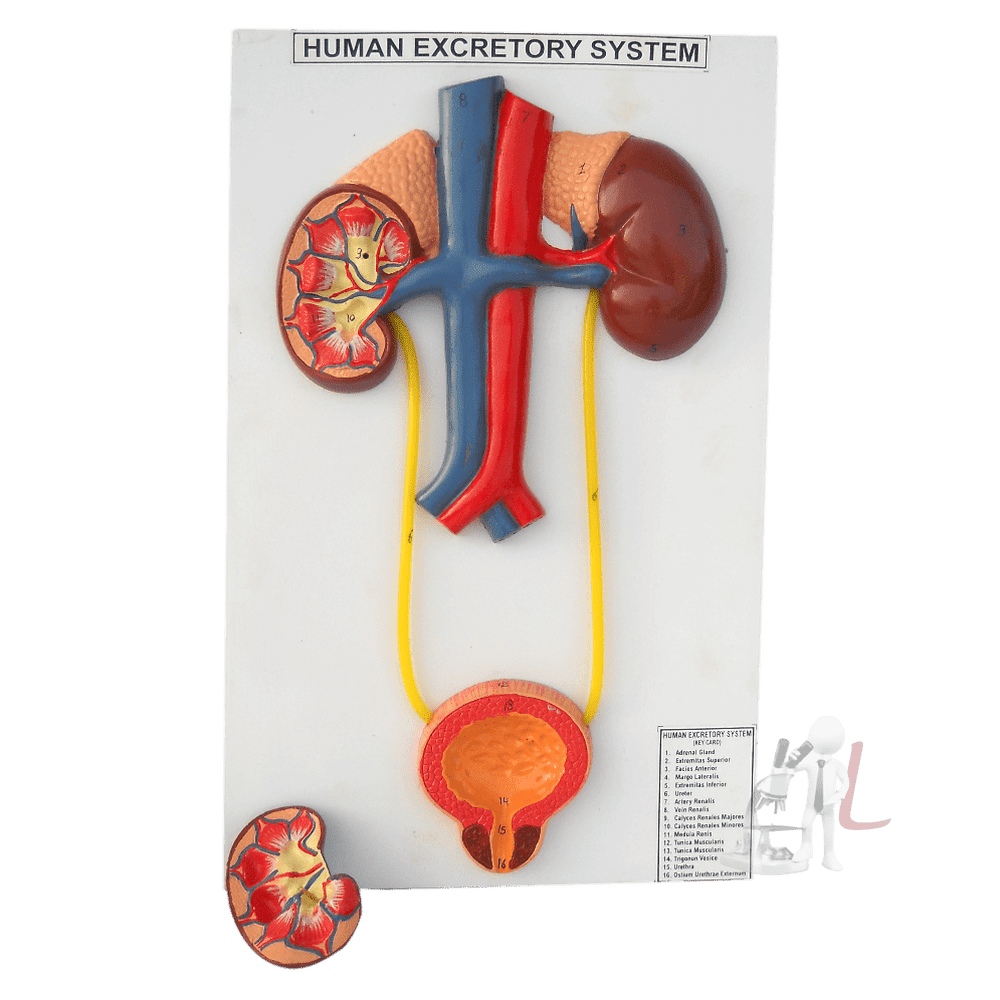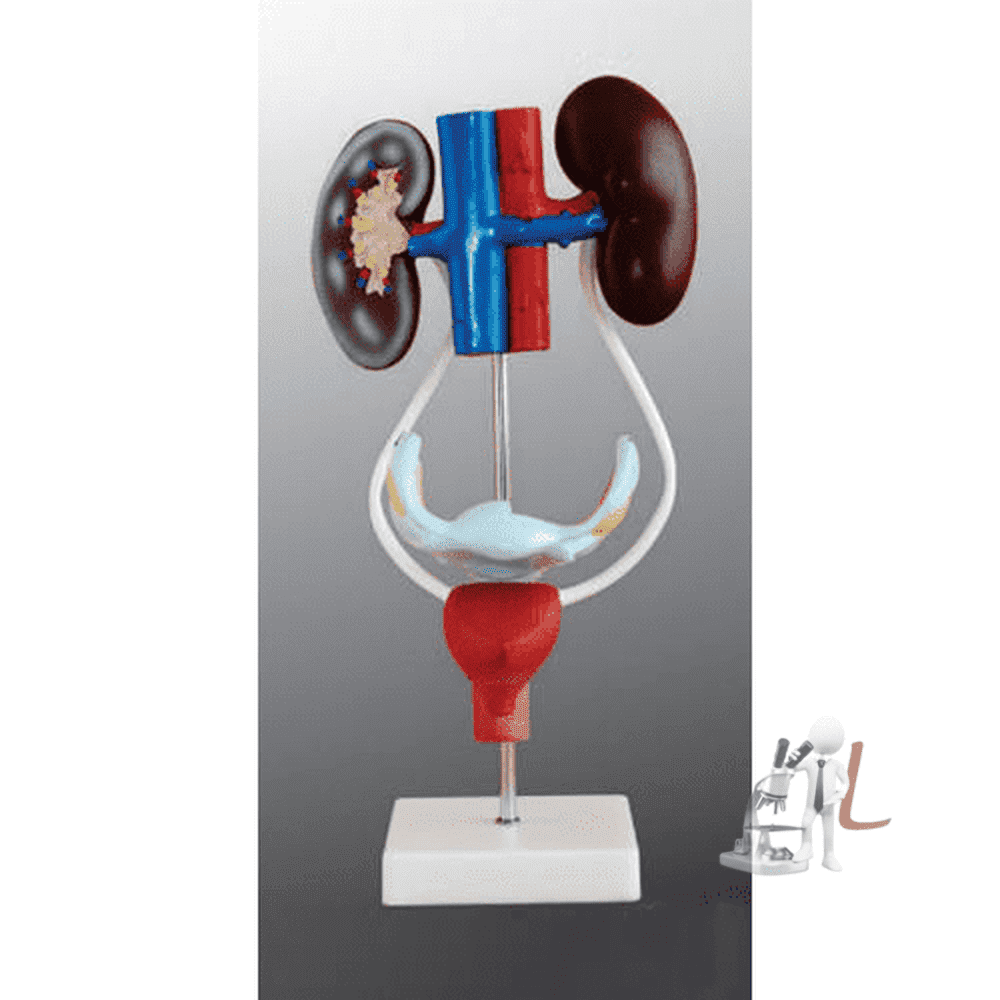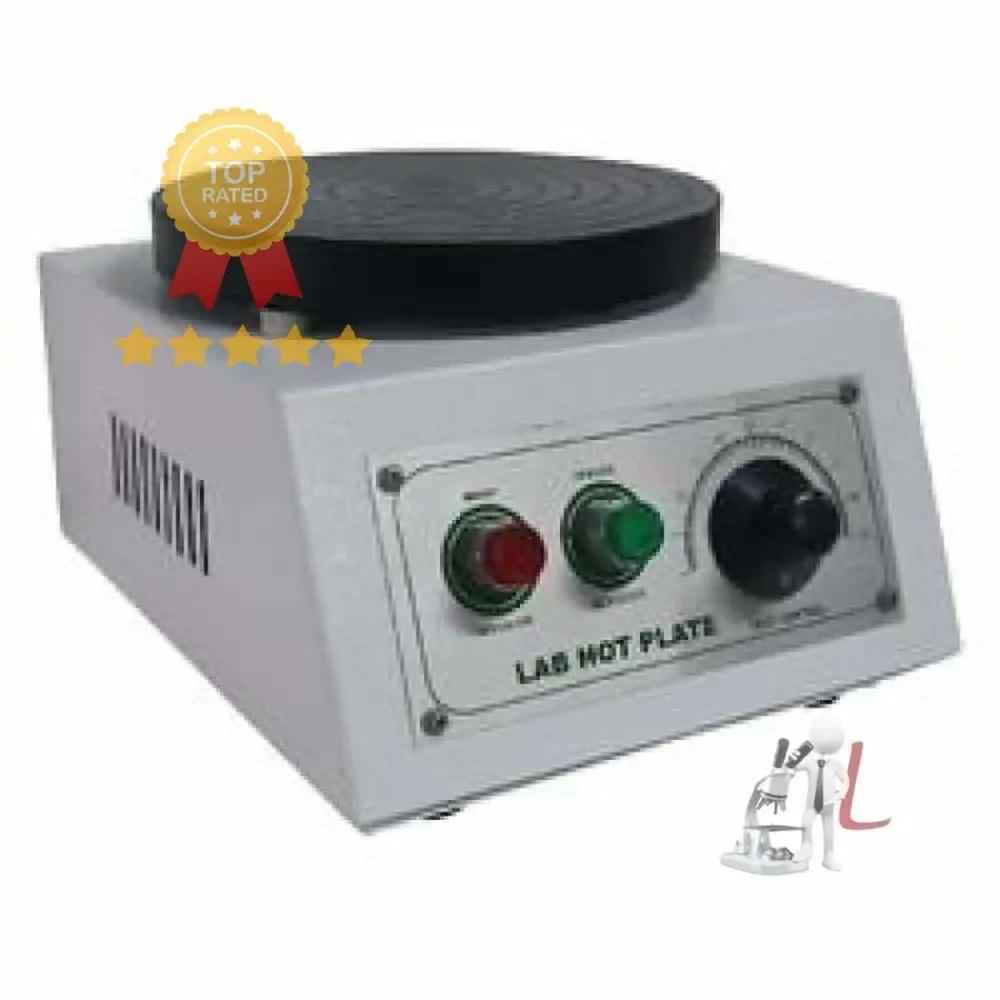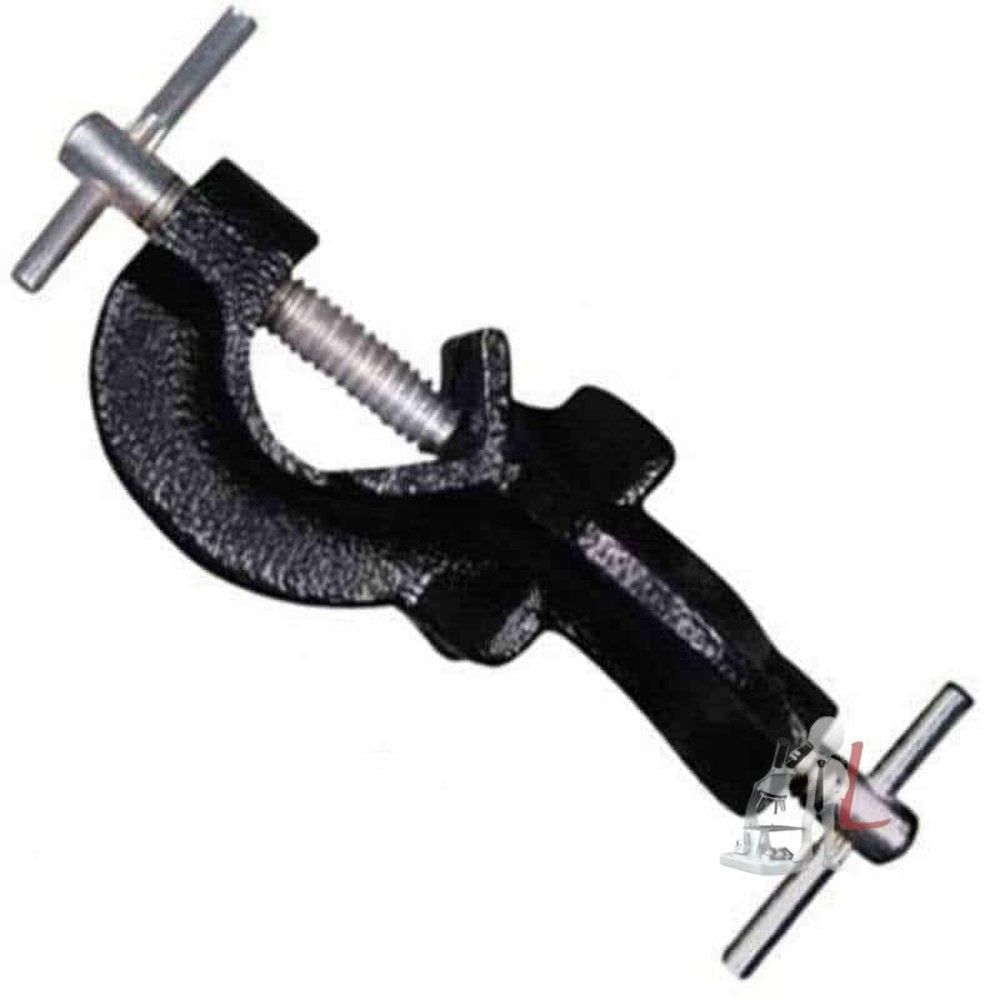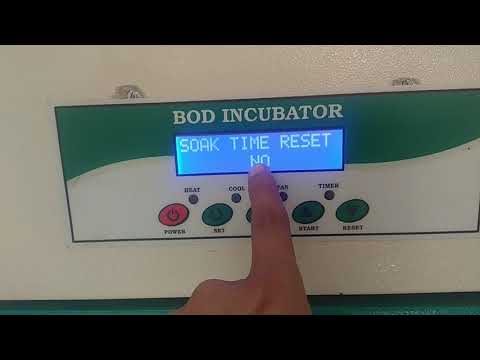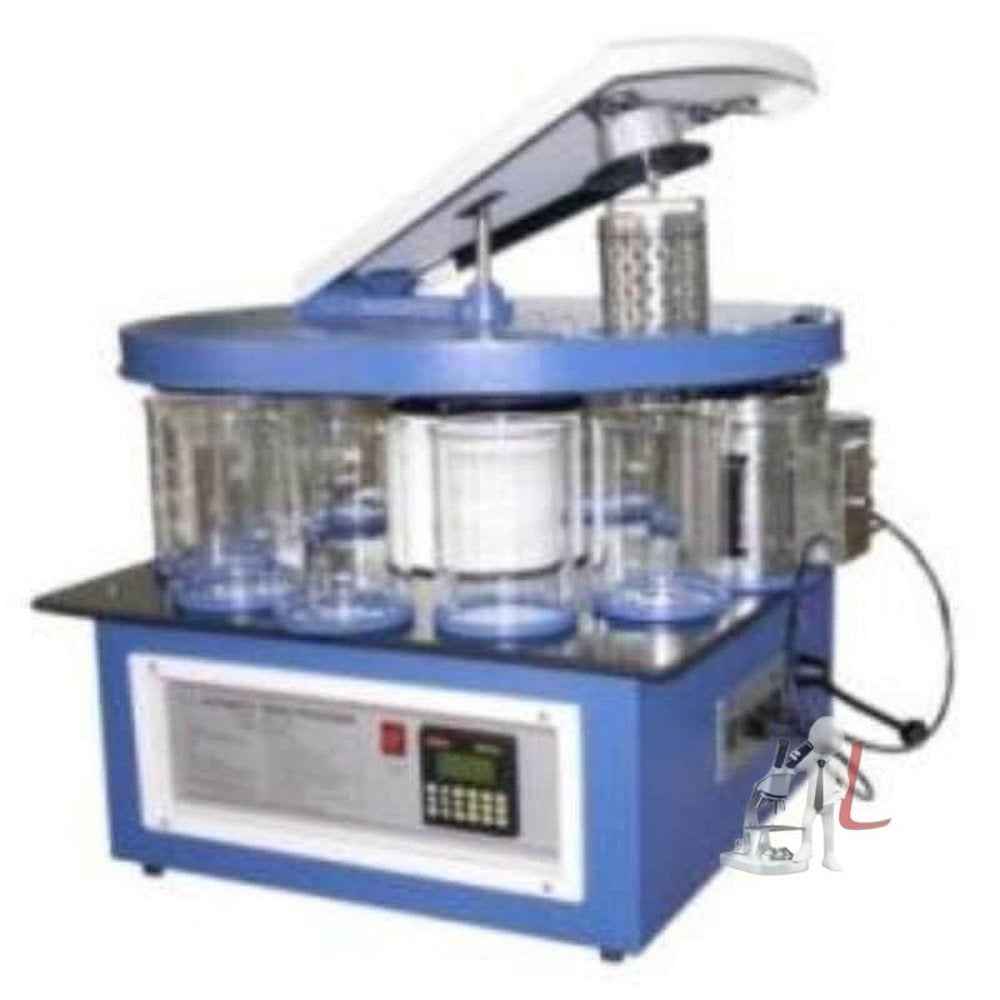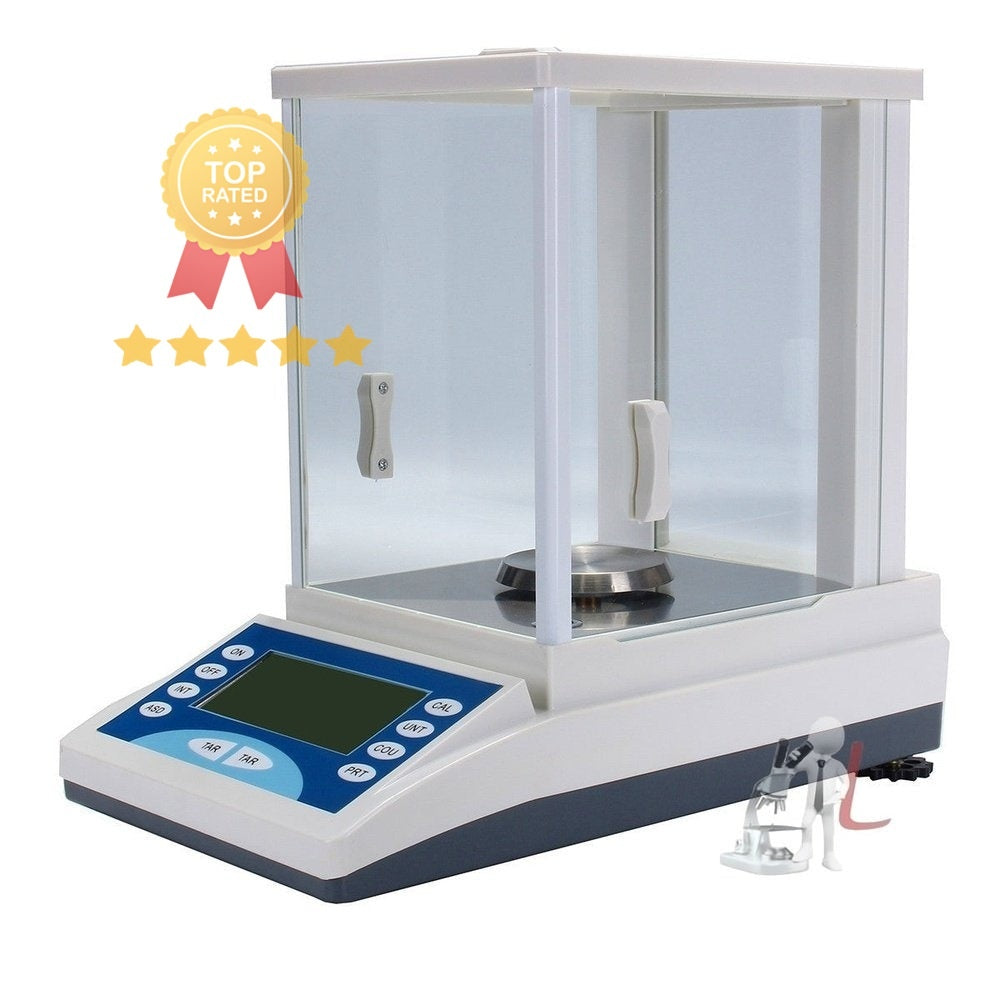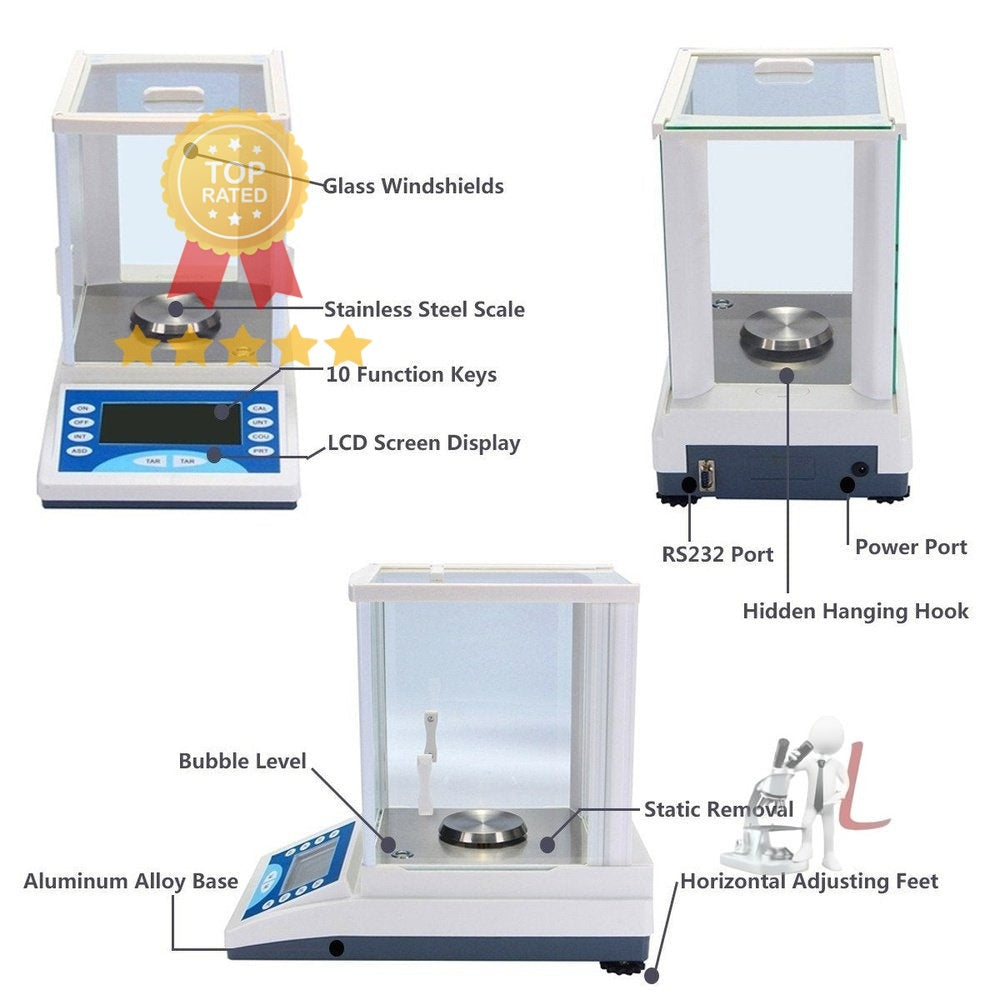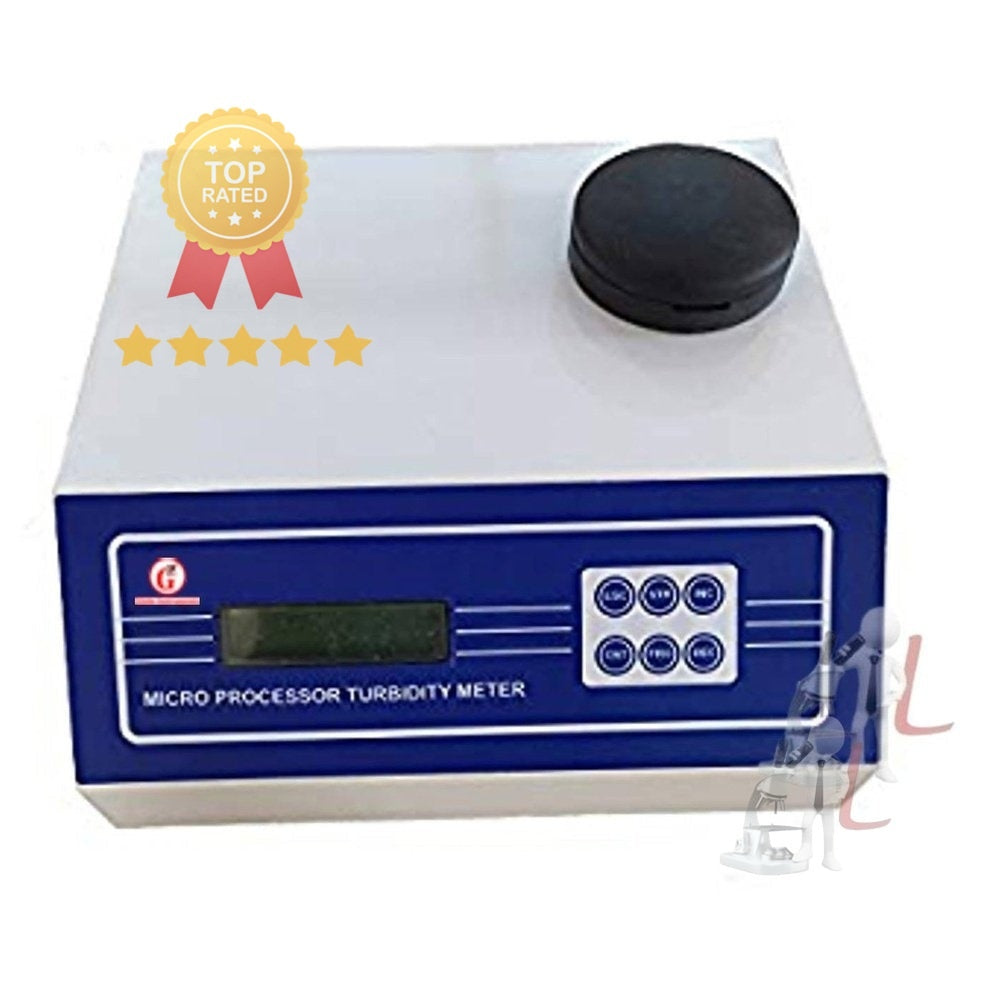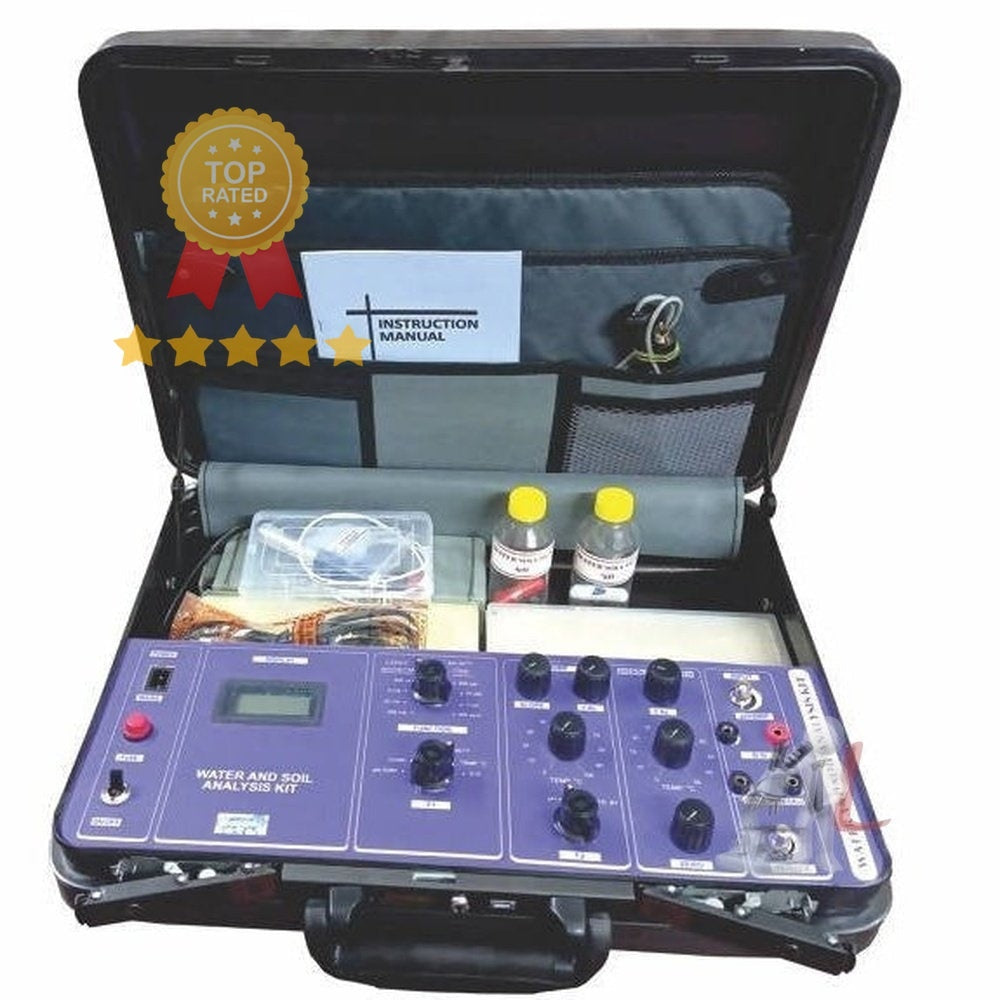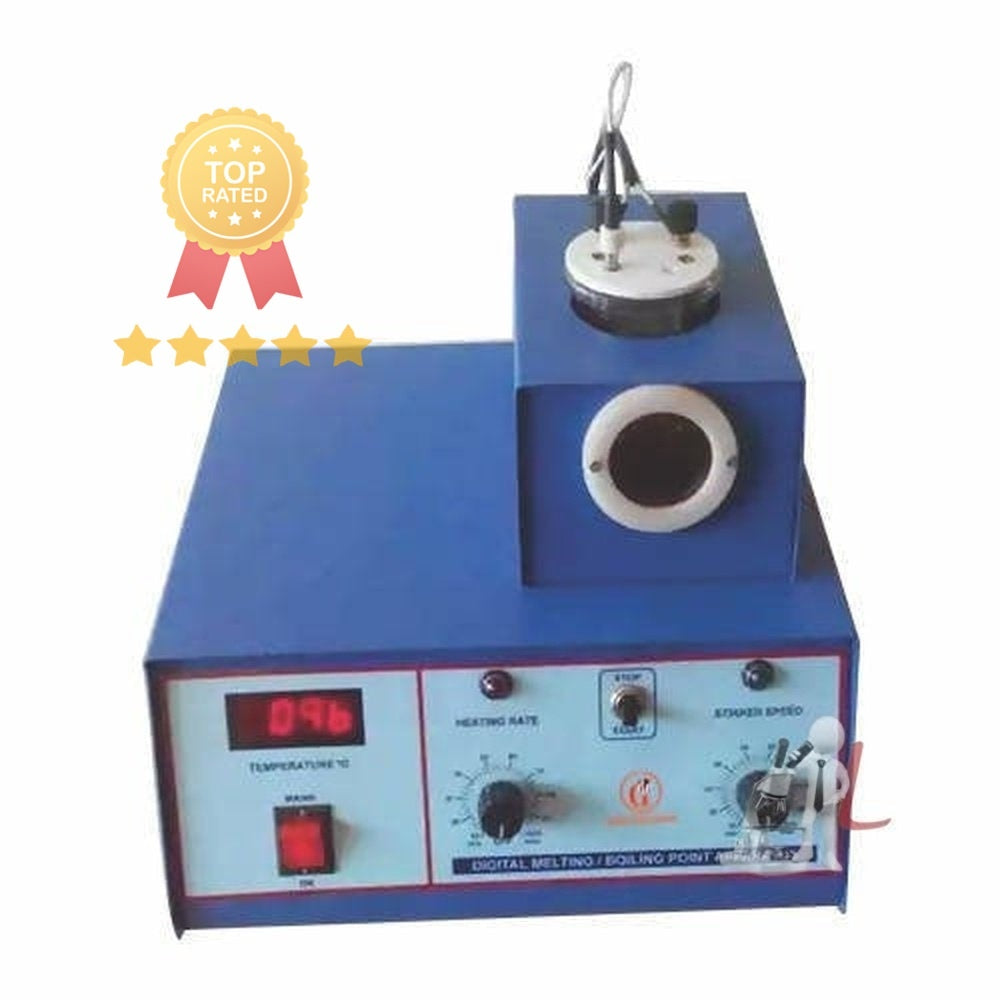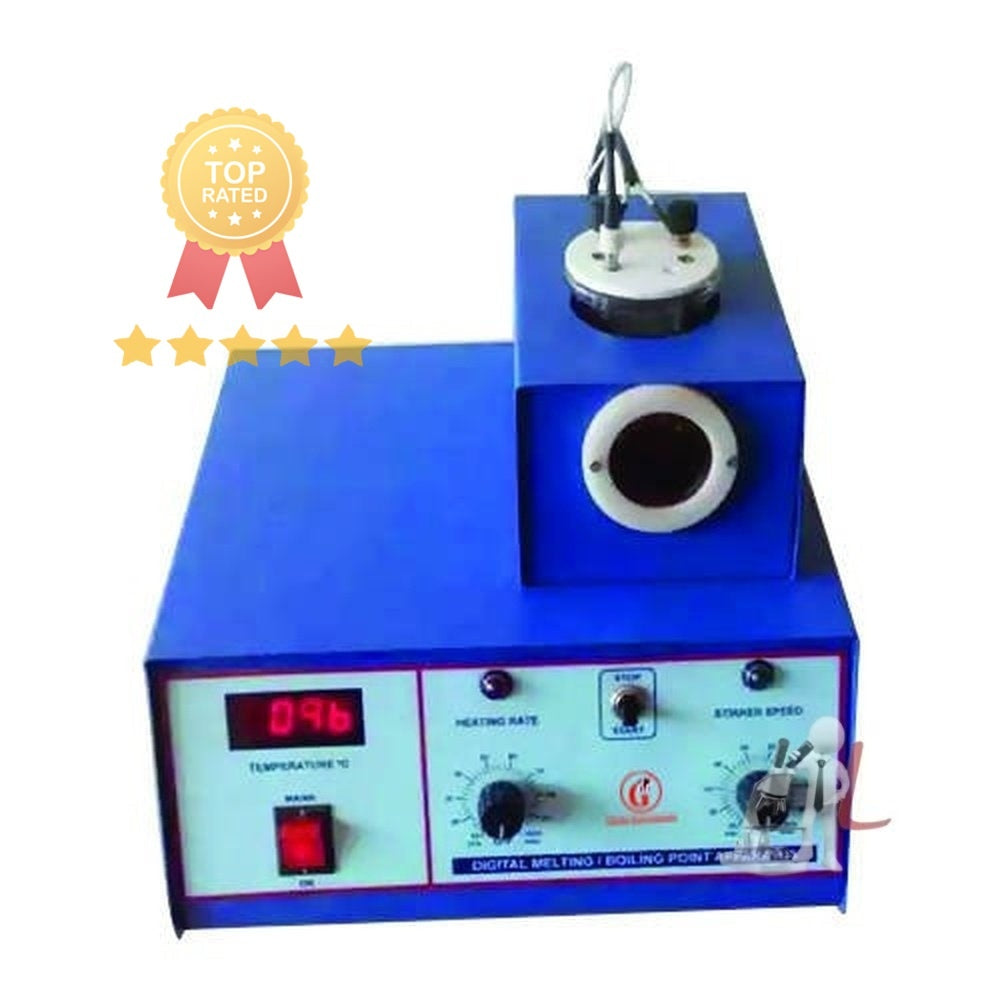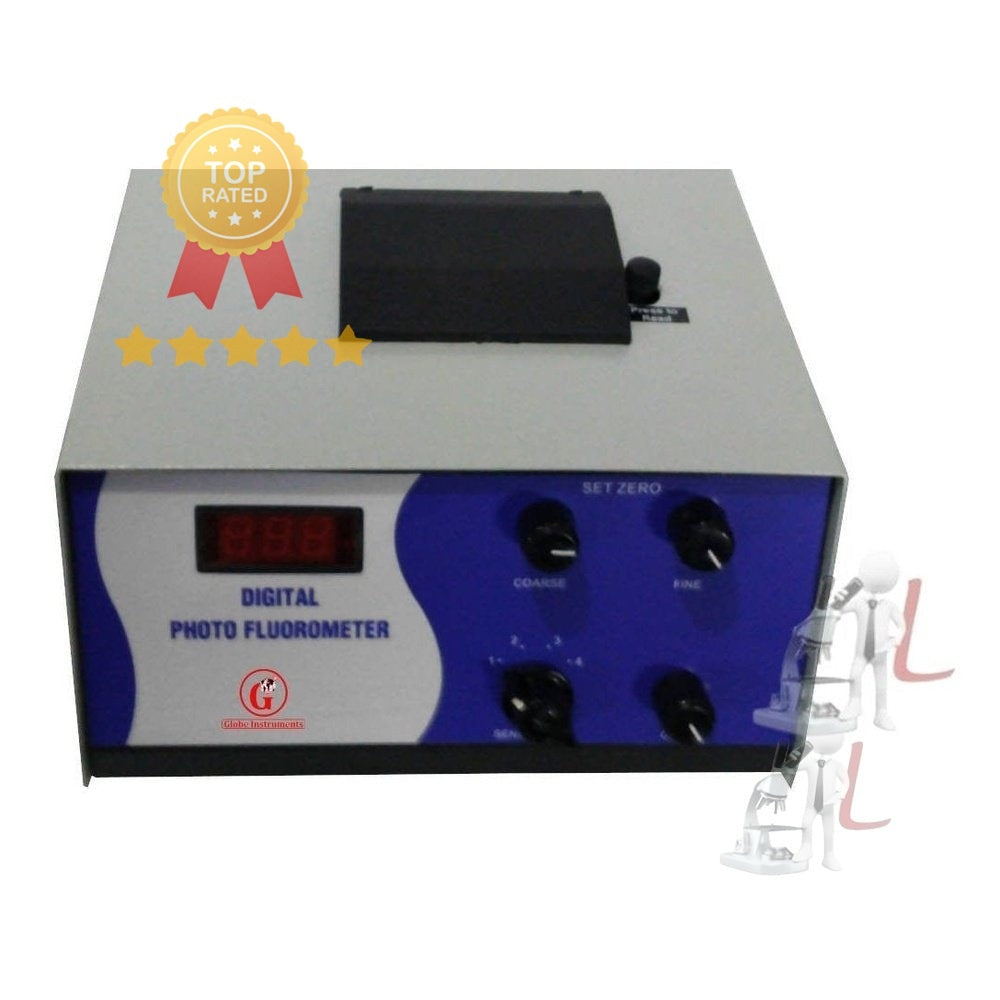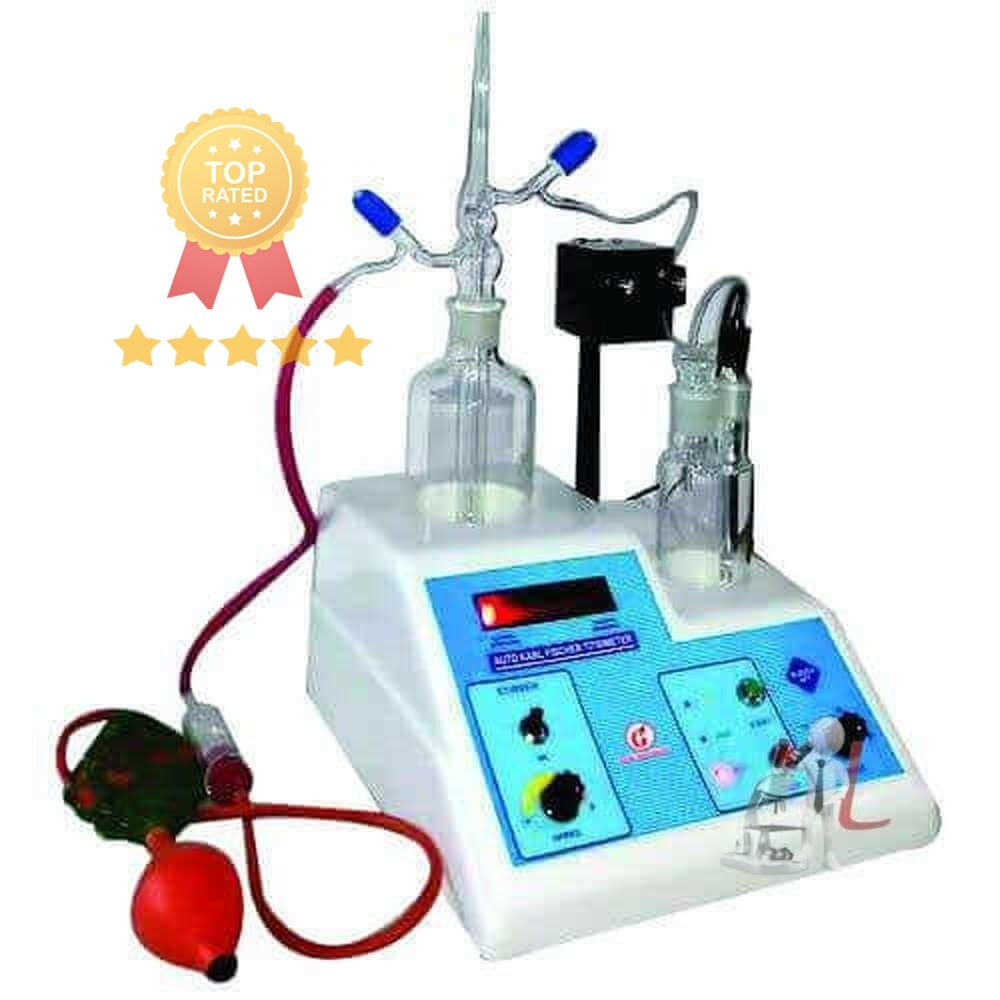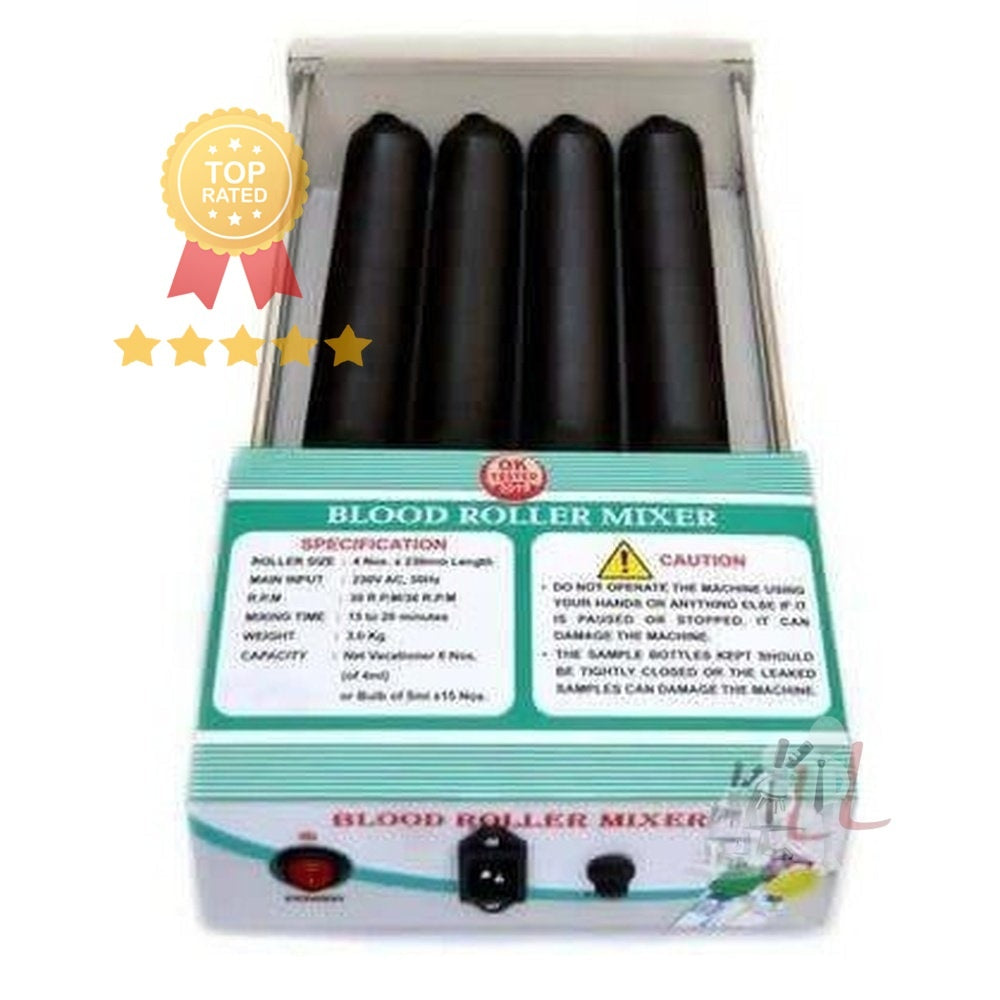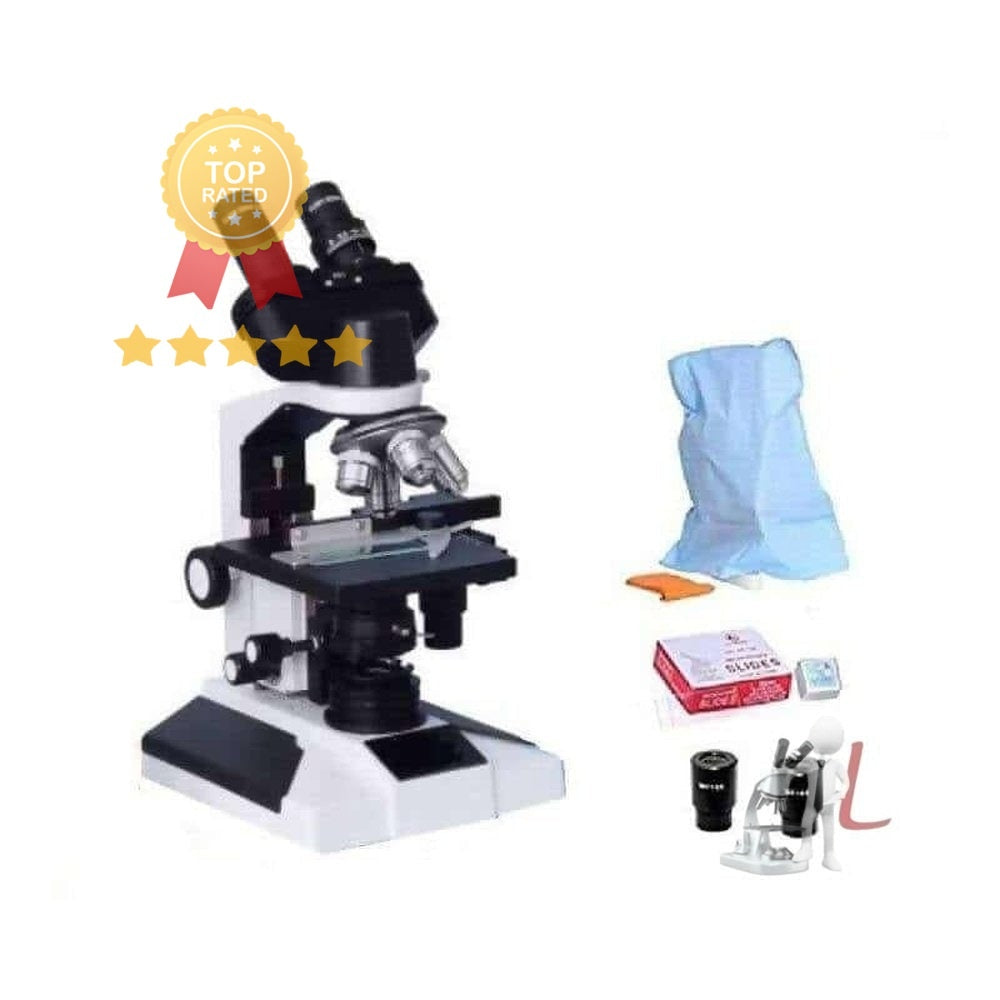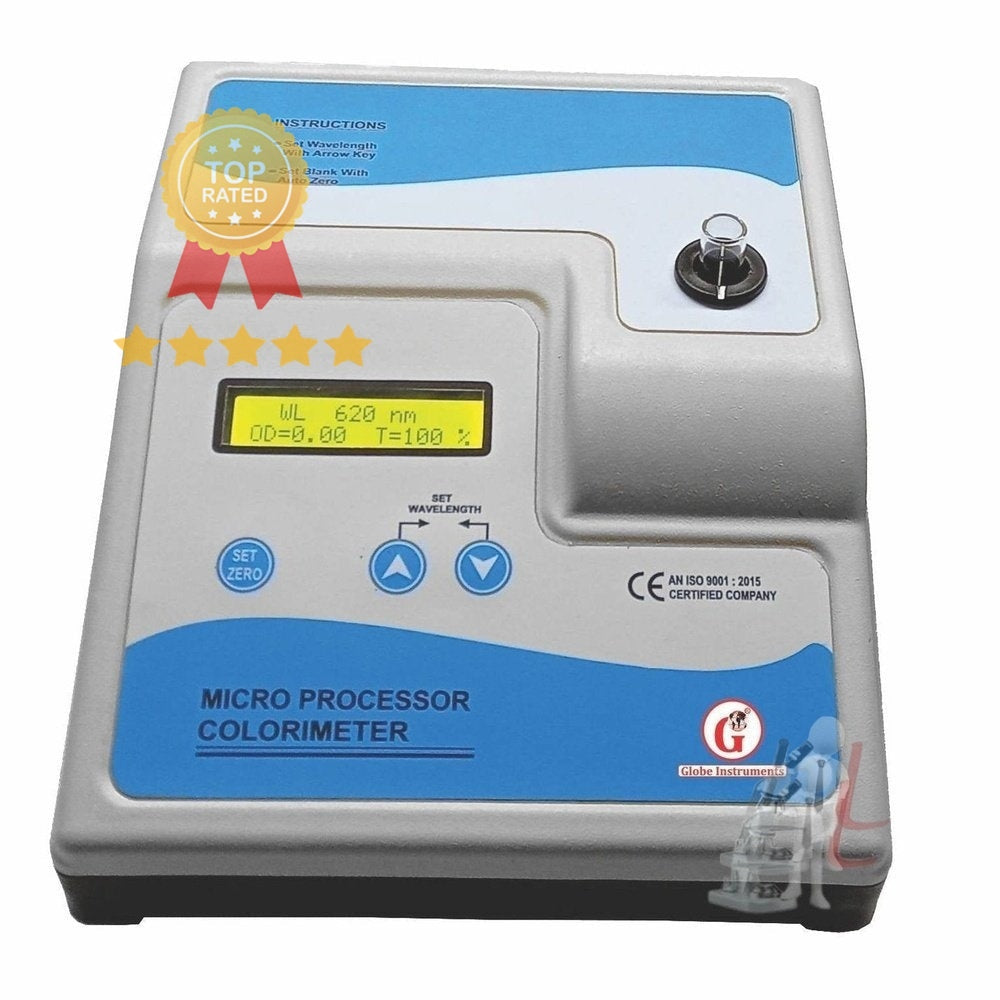Biochemistry Lab Equipment
Biochemistry lab equipment is essential for conducting experiments and research in the field of biochemistry. These tools and instruments are specifically designed to assist scientists in studying the biochemical processes and interactions that occur within living organisms. The right biochemistry lab equipment can significantly enhance the accuracy and efficiency of experimental procedures, making it an indispensable part of any biochemistry laboratory.
The variety of biochemistry lab equipment available ranges from basic tools like pipettes and test tubes to advanced instruments like spectrophotometers and electrophoresis systems. Each piece of equipment serves a distinct purpose and is crucial for various applications, including enzyme assays, protein purification, and DNA analysis. Understanding the function and proper use of biochemistry lab equipment is vital for students, researchers, and professionals working in the field.
One of the most fundamental pieces of biochemistry lab equipment is the pipette. Pipettes allow for the precise measurement and transfer of small volumes of liquids, making them indispensable for tasks such as preparing dilutions and loading samples onto agarose gels for electrophoresis. The accuracy of pipetting is critical in experiments where reaction conditions need to be controlled meticulously.
Test tubes are another essential piece of biochemistry lab equipment. They are used for mixing, heating, and storing samples during experiments. Test tubes come in various sizes and materials, and selecting the right type is important for ensuring compatibility with the chemicals used in experiments.
Spectrophotometers are advanced analytical instruments that measure the absorbance or transmittance of light through a sample. They are commonly used in biochemistry labs to quantify the concentration of biomolecules in solution, such as proteins, nucleic acids, and metabolites. The ability to accurately measure these concentrations is crucial for characterizing the biochemical properties of various substances.
Electrophoresis systems are another vital category of biochemistry lab equipment. This technique separates molecules based on their size and charge, making it a powerful tool for analyzing nucleic acids and proteins. Gel electrophoresis is particularly popular for visualizing DNA fragments after PCR amplification or for assessing protein purity during purification processes.
In addition to these common tools, biochemistry labs often utilize centrifuges to separate components of mixtures based on density. This equipment is essential for isolating cellular components, such as organelles or proteins, from whole cells or cellular lysates. The proper use of centrifuges requires an understanding of the principles of sedimentation and the specific conditions required for different types of samples.
Molecular biology techniques are also heavily reliant on biochemistry lab equipment. For instance, thermal cyclers are used in PCR (polymerase chain reaction) to amplify DNA. This equipment is a cornerstone of molecular biology research, allowing scientists to produce millions of copies of a specific DNA segment for further analysis.
Safety equipment is also a critical aspect of any biochemistry lab. Fume hoods, gloves, and goggles play a vital role in protecting researchers from exposure to hazardous chemicals and biological agents. Ensuring that safety protocols are followed and that appropriate personal protective equipment (PPE) is available is fundamental in maintaining a safe working environment.
Moreover, effective storage systems for reagents, samples, and equipment are necessary for maintaining organization and preventing contamination in the lab. Refrigerators, freezers, and chemical storage cabinets are all examples of essential biochemistry lab equipment that help preserve the integrity of sensitive materials and ensure that they are accessible when needed.
As technology continues to advance, biochemistry lab equipment is becoming increasingly sophisticated. Innovations such as automated liquid handling systems and high-throughput screening technologies are revolutionizing the way experiments are conducted, allowing researchers to process a larger volume of samples with greater precision and efficiency.
In conclusion, biochemistry lab equipment encompasses a wide range of tools and instruments vital for research and experimental work in the biochemical sciences. Understanding the diverse applications and proper usage of these tools is fundamental for anyone pursuing a career in biochemistry. From basic pipettes to complex analytical instruments, each piece of equipment plays a crucial role in helping scientists unravel the complexities of biological systems and processes. As the field of biochemistry continues to evolve, staying informed about the latest advancements in lab equipment will be essential for successful research and experimentation.
Filter
Sort by

